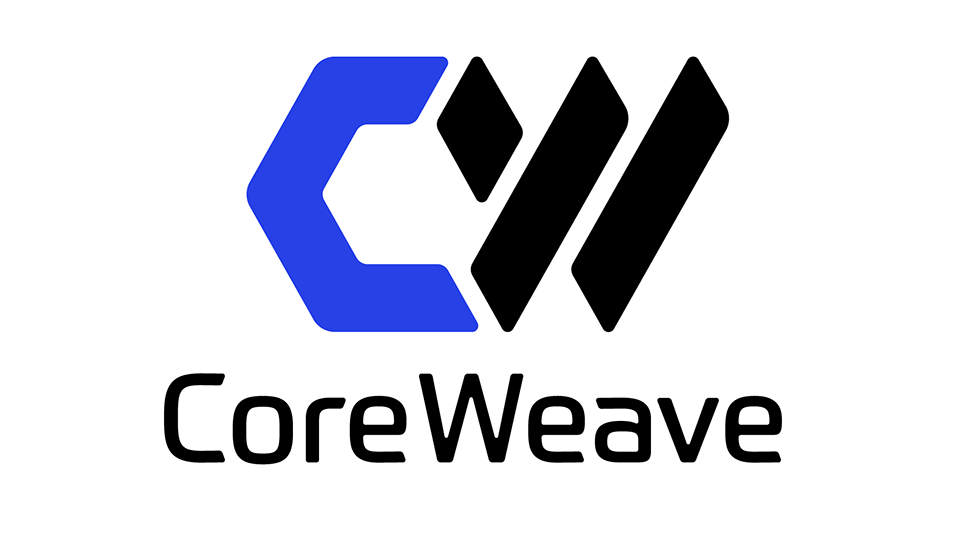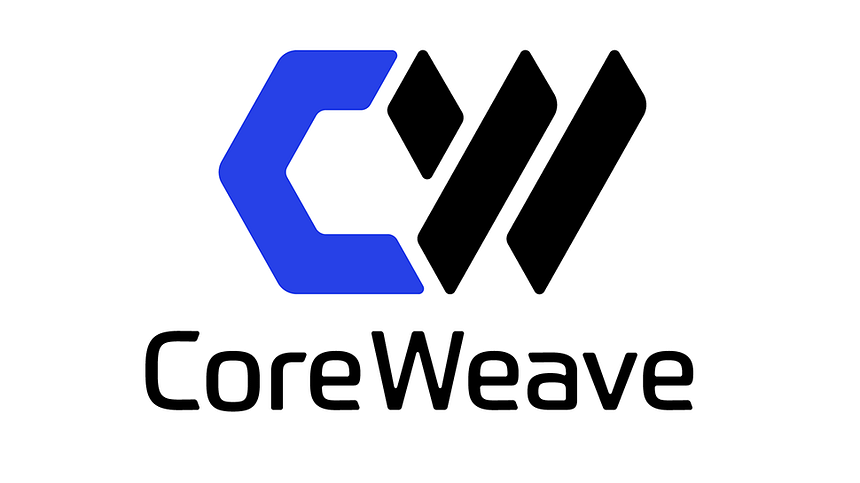
- Report comes as Microsoft has apparently declined to take more AI resources from billion-dollar AI startup
- Google has already pledged to invest tens of billions in capital expenditure in FY 2025, most likely in AI hardware
- In other news, the Nvidia-backed CoreWeave lost nearly a quarter of its value in 48 hours amidst wider stock malaise
It’s interesting times for Nvidia-backed CoreWeave, which provides cloud infrastructure optimized for AI workloads.
It was labelled a “turkey” and “the WeWork of AI” by Jeffrey Emanuel, whose prescient article warning about DeepSeek famously wiped $2 trillion off global markets and cut Nvidia’s market capitalization by $600 billion in day.
Around the same time, Microsoft walked away from a nearly $12 billion option to purchase additional data center capacity from CoreWeave. That same capacity ultimately went to the Microsoft-backed OpenAI. President Donald Trump’s tariffs, which have been wreaking havoc on the stock market, particularly in the tech sector, have impacted the AI hyperscaler as well. The company lost nearly a quarter of its value within 48 hours.
A significantly smaller investment
Still, it’s not all bad news, as a report from The Information claims Google is in advanced talks with CoreWeave to rent Nvidia Blackwell chips from it after struggling to meet growing demand.
Google CFO Anat Ashkenazi said during the company’s recent earnings call, “We exited the year with more demand than we had available capacity. So, we are in a tight supply-demand situation, working very hard to bring more capacity online. As I mentioned, we’ve increased investment in capex in 2024, continue to increase in 2025, and we’ll bring more capacity throughout the year.”
There’s no word yet on how much Google might spend with CoreWeave, but The Information reports that the amount will be “significantly smaller” than the $10 billion Microsoft plans to spend by the end of the decade, or OpenAI’s new $12 billion five-year contract.
Google and CoreWeave are also reportedly in “preliminary discussions” about leasing space in CoreWeave’s data centers to house Google’s custom TPU chips, The Information adds.
If true – Google and CoreWeave have not commented on The Information’s story which cites “two people briefed about the situation” as its source – this would be a welcome boost for CoreWeave, which had to scale back its initial public offering and reportedly receives 77% of its revenue from just two customers, one of which is Microsoft.





